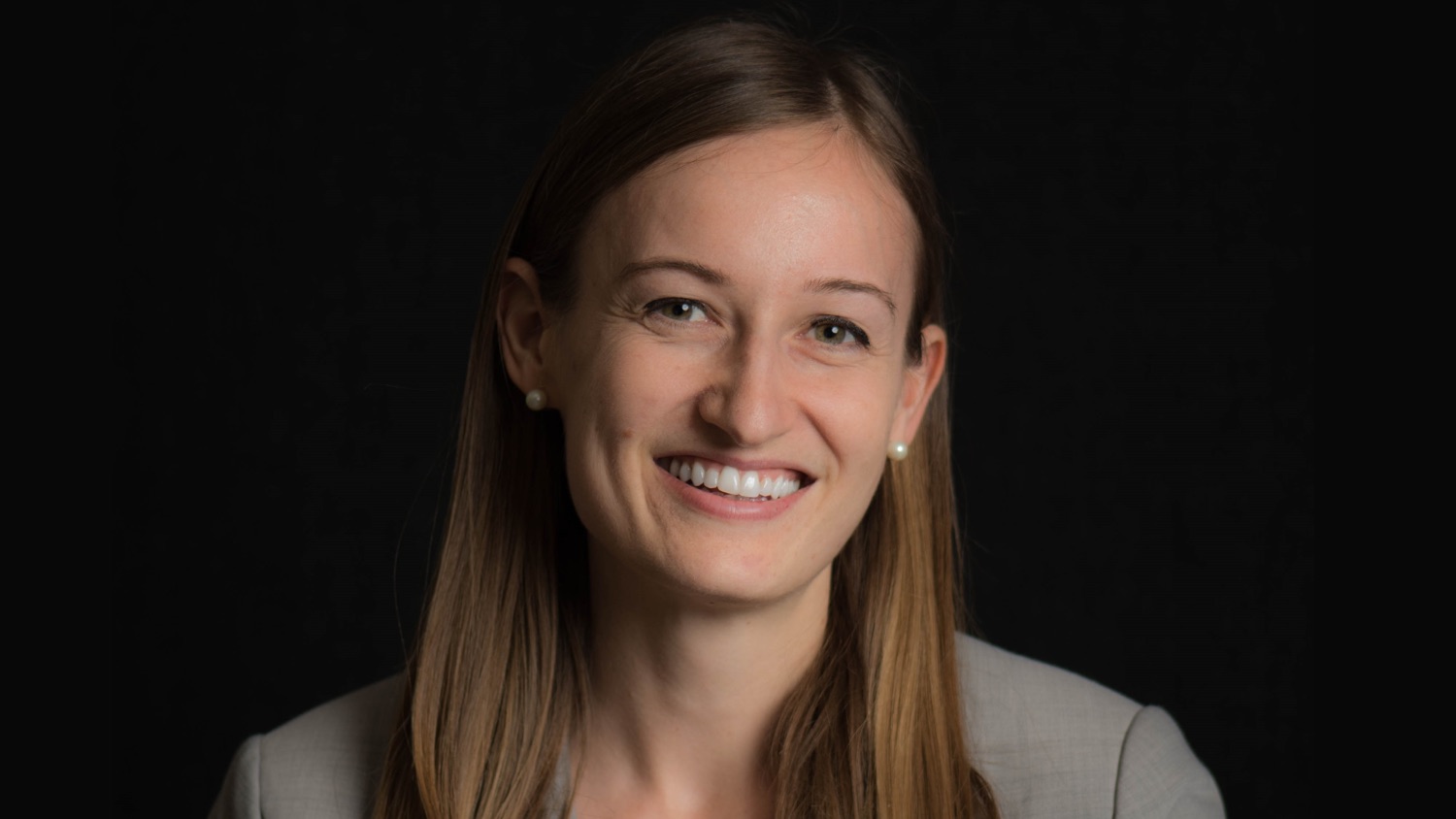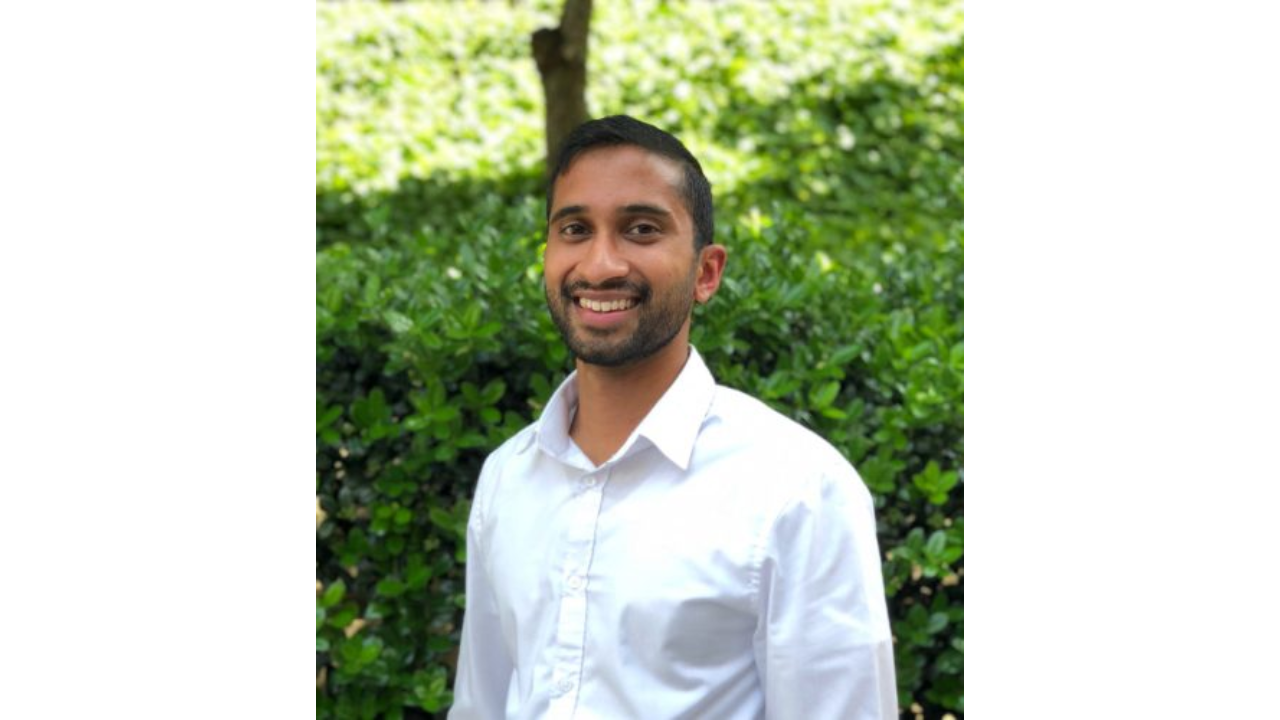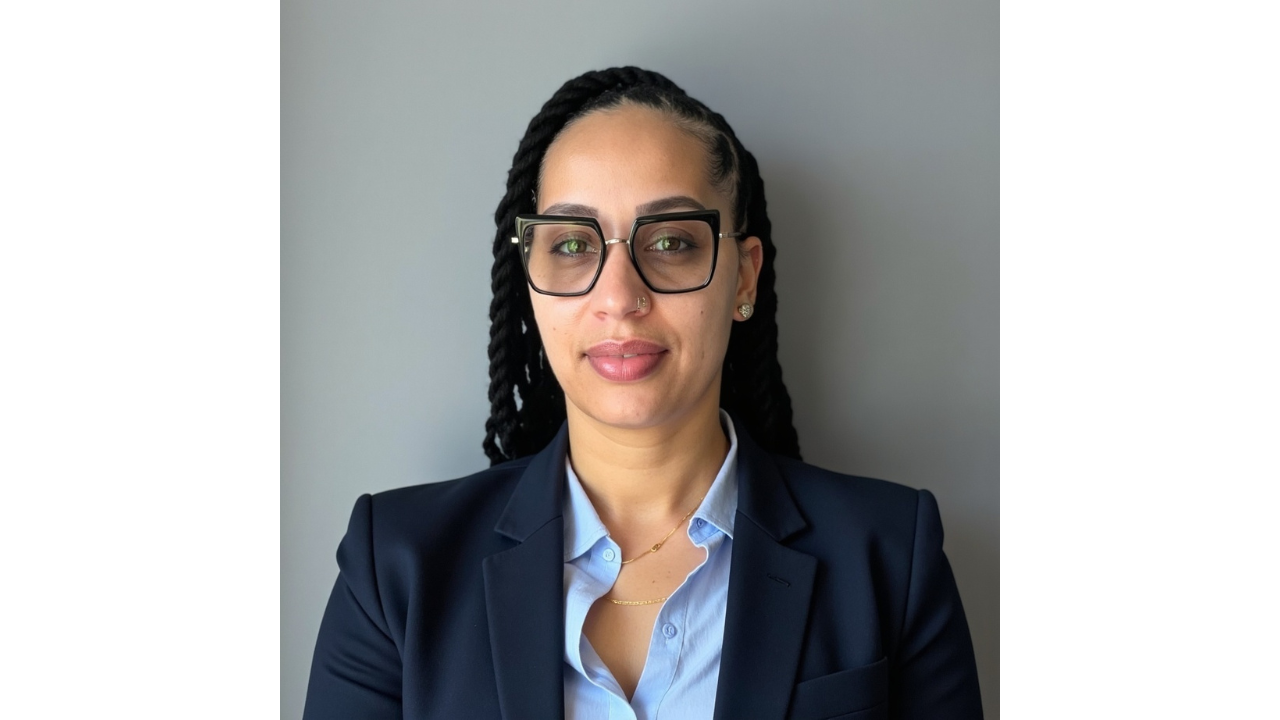Sylvia Sims

Sylvia Sims, BSC Associate
Current Degree Program: Jenkins MBA at North Carolina State University. Concentration in Business Analytics & Marketing.
Previous Degrees: Bachelors in Nutrition Sciences
Hometown: Salt Lake City, Utah
Areas of Interest in Sustainability: Regenerative Travel, Circular Economy, B Corps, and Zero Waste
What does business sustainability mean to you? What do you think sustainability should mean to businesses?
I believe a company’s existence should be a net positive in the world and that both the people of the world and the planet itself should be better off because the business exists. Sustainability-minded companies provide products or services that benefit humanity and do not degrade the planet or harm people in the production and distribution of those products and services. They take a holistic view of their supply chain and sphere of influence.
What sustainability challenge would you most like to solve?
Who do you admire for championing positive change through business?
Jerry Greenfield from Ben & Jerry’s, a B Corp. I saw him speak at a local event where he talked about business for good. William McDonough & Michael Braungart, authors of Cradle to Cradle: Remaking the Way We Make Things Annie Leonard: Creator of Story of Stuff & Executive Director of Greenpeace
Moving forward, how do you plan to use business as a force for good?
I would like to contribute to enterprise-wide sustainability initiatives. In MBA 582, Sustainability in Business, I am learning about the B Impact Assessment tool as a guide to help companies improve, and I plan to use that as a framework for helping my future employers reach more sustainable goals.
What do you think are some challenges with sustainable businesses or becoming a sustainable business?
Responsible sourcing can be more expensive than less sustainable alternatives. Fortunately, many consumers are now voting with their dollars and want to make reputable buying practices the norm rather than focusing on price alone.
What’s your advice for fellow students who might be interested in sustainability, but don’t know where to start?
Start small and simple by choosing one topic area to focus on at a time. My interest in sustainability began when I read ‘Zero Waste Home’ by Bea Johnson and became aware of the tremendous amount of waste generated by the average American lifestyle. That was the beginning of my journey towards a more minimalist and eco-friendly lifestyle.
- Categories:


